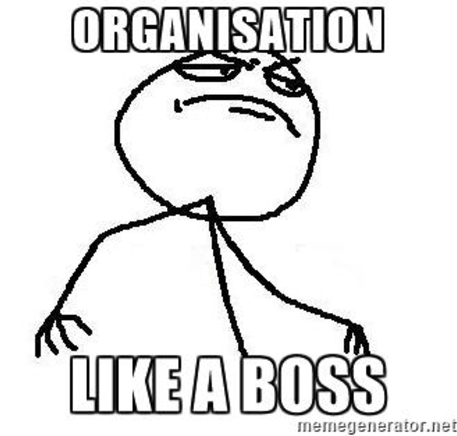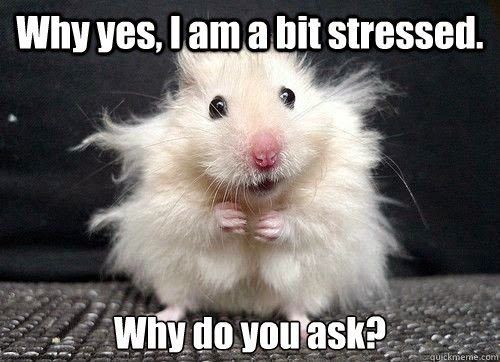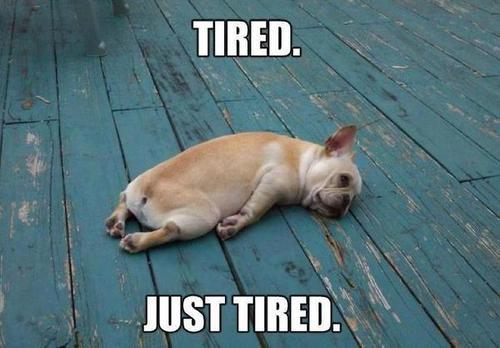Ever growing in popularity, the event requires a huge amount of planning and tends to result in a rollercoaster of emotions in its build up. When we finally got some time to breathe after our races, I sat down to figure out an ideal blog post about our races. Rather than boring you with the nitty gritty details of actual race day (because I am pretty sure you’ve heard and seen enough of this online), I wanted to show you what happens behind the scenes in terms of stages of planning. I am certain that if you have any experience in planning out a big event then you can relate pretty well to some, if not all of these stages.
Stage 1: The ‘Uwija, we have months to plan this all out’ Stage.

I like to think of this as the ‘calm before the storm’ stage. This is my second year being a part of the organising team and once again about 6 months before the actual due date we start looking into how to plan things out. Because it’s always great to plan ahead right?
The problem with this is that 6 months seem ages away so you start to put things off – ‘I’ll just finish this email and oh we have that meeting and I had to deliver that merchandise ….” – before you know it 3 months have gone by and your initial idea of planning ahead has gone out of the window. You make a mental note to think ahead next time round and then you move on to the second stage.
Stage 2: The ‘Let’s get the ball rolling’ Stage.

You realise how much work you still have to do and start getting organised. You have a list of tasks (yes over the years we have learnt to keep a list of everything that needs to get done in terms of a timeline), you take a deep breath in and you just get down to it.
This stage tends to involve extensive amounts of coffee and a whole lot of patience. But luckily all starts to fall into place and you start to think that this year things will run more smoothly. That is until bam, without warning, something crops up (because something always does) and it sends your plans to be organised plummeting to the ground. We move onto stage 3 …
Stage 3: The ‘What is this stress you speak of?’ Stage.

When organising a big event like this you learn that you can do all the planning in the world but nothing is ever plain sailing. To make matters worse, you usually don’t get a lot of warning signs and issues have a habit of cropping up all at once. I tend to call this the ‘make or break’ stage because it can literally do just that i.e. it can be the downfall of the actual event.
Luckily I am part of a great team plus we all have each others’ backs. Although the last few weeks prior to our races tend to be quite testing and stress levels shoot through the ceiling; we always pull through in the end – bring us to stage 4.
Stage 4: The ‘I never really had a doubt’ Stage.

In my two years watching the races come together, this is by far my favourite stage. After months of planning, emailing, promoting, pitching etc etc the day finally arrives and watching how things pan out is always a proud moment. Somehow the success of the actual day makes you forget the hours of work you and all the other members of the organising team put into the event. You almost start to question why you made so much fuss after all about how tiring the planning process was – you actually start to think it was simple after all.
That is until the day is over, adrenaline starts to die down and then the fatigue that has been accumulating for a few months now, hits you like a ton of bricks – bring us to stage 5.
Stage 5: The ‘I can’t decide if I need a hug, an XL coffee or 2 weeks of sleep’ Stage

After the races, it usually takes a few days to recover fully from this state of tiredness. Having said this, you’re still so hyped up about how much of a success the actual event was that you don’t mind one bit. Slowly you start to close things off and put more focus on things that you’ve had on hold for quite a while now. Finally you get some time to actually breathe a bit – after all, the next races are 12 months away – that’s ages right? Oh and it wasn’t that stressful after all….
